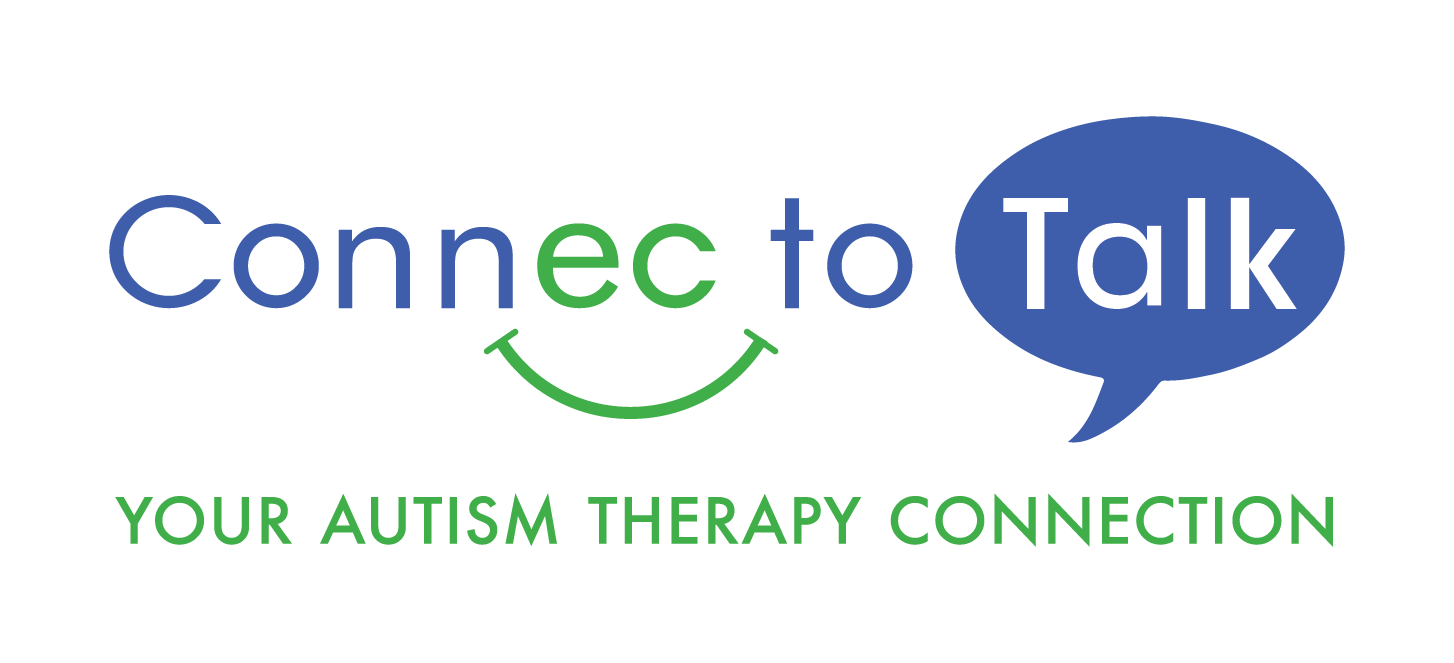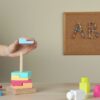![Insight on Client Assessments: Details about the assessment process when it comes to ABA Prepared by Ashleigh O’Dell and Alexandria Sauls What is an ABA assessment? Applied behavior analysis (ABA) assessments use collected data to better understand your child’s skills and needs. Having knowledge of what is involved in these assessments can help you and your family gather the appropriate information to streamline the process so your child can […]](https://connec-to-talk.com/wp-content/uploads/2024/01/ABA-Assesment.jpeg)
Prepared by Ashleigh O’Dell and Alexandria Sauls
What is an ABA assessment?
Applied behavior analysis (ABA) assessments use collected data to better understand your child’s skills and needs. Having knowledge of what is involved in these assessments can help you and your family gather the appropriate information to streamline the process so your child can begin or continue services!
Who is involved in an ABA assessment?
The assessment is typically led by the Board Certified Behavior Analyst (BCBA) who will or who currently works with your child. However, the assessment can involve the entire team of stakeholders! Information from direct staff and teachers can also help make the assessment process more thorough and so that the treatment plan is more tailored to your child.
Why are ABA assessments conducted?
These assessments are used by the BCBA to track your child’s progress and ensure that their goals are being met. The assessments are useful for identifying your child’s strengths and future goals. Having an understanding of what skills areas should be targeted is beneficial in the development of their next treatment plan! This information can then be shared with all parties that the parents request such as their child’s teachers.
Additionally, most insurance companies also use these yearly assessments submitted by the BCBA to track progression over the year to ensure their is suffient progress being made and to confirm the current proposed goals. This allows insurance companies to authorize services until the next authorization period. ***Typically, authorization periods with insurance companies span 3 to 6 months while assessments are only required to be submitted yearly***
What information is gathered from the assessment?
Information on your child’s current skills and progress can be obtained in a few ways. For example, your child can be observed directly and data will be collected. Other times, narrative data can be gleaned through structured and unstructured interviews with parents, family members, teachers, related services, or other direct staff. Tools such as rating scales or standardized tests can also be used to ensure that enough data is collected to create a accurate profile of your child.
A record review is also an important step in the assessment process. Please plan on providing your child’s BCBA with the following documents from your child’s school and from any outside private providers:
- Current copy of their IEP (Individualized Educational Plan) from their school
- Current progress report card from their school (if available)
- Speech report (private and/or from school)
- Occupational therapy evaluation (private and/or from school)
- Psychological assessments (private and/or from school)
- IQ and achievement evaluations (private and/or from school)
- Diagnostic reports (private and/or from school)
- FBA (Functional Behavior Assessment) or BIP (Behavior Intervention Plan) conducted by previous ABA providers or current reports from the school
- Any other outside evaluations you feel are relevant to demonstrate your child’s current skills
Lastly, if your child is already involved in ABA services, data from their current programming will be included in the assessment process.
When and where are ABA assessments held?
Assessments can be conducted in a clinic setting, at home, school, in the community, or via telehealth, depending on where your child’s services will be or are currently delivered. They are typically conducted yearly at a minimum, but certain assessments can be completed intermittently throughout the year.
How are assessments selected?
There are a variety of scientifically supported assessments that can be used. When deciding which assessment(s) are most appropriate, your child’s BCBA can consider factors such as the reason an assessment was requested (e.g. a new referral, current client progress evaluation, new behaviors or skills emerging).
The purpose of the assessment can also be a major factor. This includes the assessment’s content areas as factors for consideration when selecting a particular assessment over another. Additionally, factors such as your child’s age and current skills are considered when choosing an assessment that is right for them.
Final details to consider when choosing an assessment are assessor qualifications, the child’s primary language, and any potential costs or fees.
Types of assessments
As mentioned, there are numerous assessment options to ensure an accurate picture of your child’s skills are represented. Below are some of the more commonly used options:
Vineland-3 – uses reference interpretation to assess daily living skills, motor skills, and socialization in clients from birth to age 90. Reference interpretation involves having pre-determined or age-appropriate goals, and observing the client’s ability to respond. This assessment can take between 8 minutes to an hour.
VB-MAPP (Verbal Behavior Milestones Assessment and Placement Program) – assesses your child’s social, verbal, communication, and skill benchmarks from birth to age 4. This assessment can take 30 minutes to two hours depending on the child’s skill and compliance levels.
ABLLS-R (Assessment of Basic Language Learning Skills – Revised) – used to identify social and language skills and deficits in children from birth to age 12. This assessment can take 3-10 hours depending on your child’s skill set at the time of testing.
AFLS (Assessment of Functional Living Skills) – The AFLS identifies strengths and challenges involving daily, functional living from ages 2 through adulthood. The assessment can take 30 minutes to two hours depending on the client’s skill and compliance levels.
The assessment process is an important step when beginning ABA therapy and continuing to do so yearly while your child is receiving services. Speaking with your child’s BCBA regarding the assessment process is the first step in quantifying your child’s strengths and goals!
Resources
Behavioral Health Center of Excellence (2021). Selecting Appropriate Assessment Instruments to Measure Treatment Outcomes for Individuals with Autism Spectrum Disorder: Guidelines for Clinicians, Payors, Patients, and Other Stakeholders [White paper].



Leave a Reply